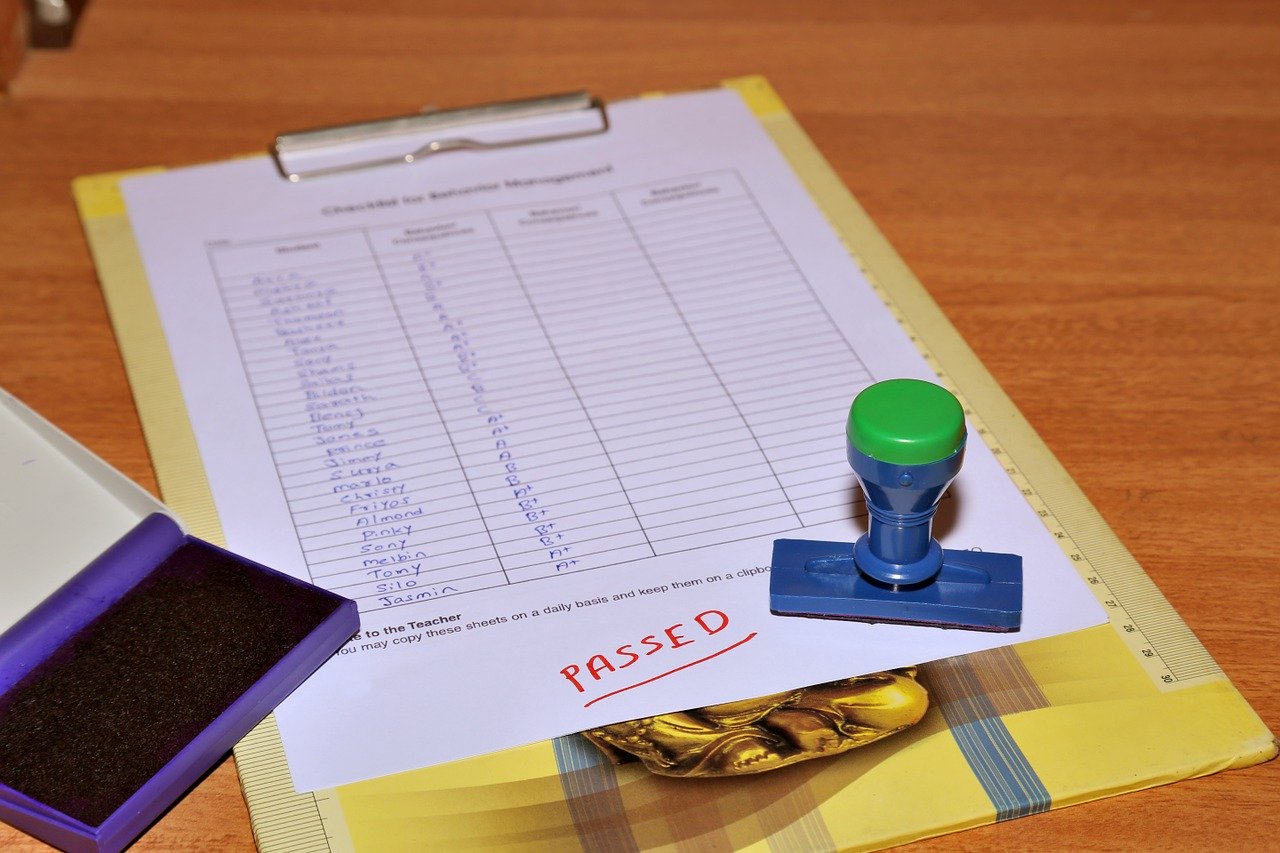Performance appraisal within the organizational context is defined as the supervisor’s judgment of how well an employee performs his job based on established job measurement criteria. This term, which has gained some steam in the highly competitive business world, has infused the thinking of Donald L. Kirkpatrick, who is considered the father of training evaluation.
Patrick examines the evolution of performance appraisals and how they fit with workplace training. It seems that workplace training and performance appraisals have the same objective: “To improve performance” – both behavior and results. And based on my experience I can say that very few RTOs integrate the two concepts.
If you are reading this article and have a formal performance appraisal program, you probably think of it as a human resources program that will determine merit increases and promotions and other personnel decisions. This is the emphasis that most programs link to appraisals.
An effective performance appraisal program should do more than set salary and promotion decisions on past performance. It should aid in the development of a performance improvement plan that utilizes coaching from the team leader or manager to increase skills development in line with the RTO goals, and its continuous improvement strategy.
Both training and performance appraisal rely on managers to work with employees to obtain maximum performance. Training is the core business of an RTO, and therefore training organisations should enjoy a position of privilege in this respect. However usually RTO’s HR department sent performance appraisal and internal training (PD) in different directions. RTO’s should evaluate how they can integrate the two programs.
Nearly all performance appraisal programs identify an employee’s strengths and weaknesses. These weaknesses can be translated into training needs, which are a basic ingredient of practical training programs. The needs of individual employee can be used to determine areas for professional development programs. This is why performance appraisals play an indirect role in training.
But are typical performance appraisal programs related to training in our vocational education sector?
As stated earlier, in most RTOs, performance appraisals are not used to determine professional development opportunities or training content. Typically the RTO manager calls the employee into her office once a year to review the performance appraisal form. The employee received a self-assessment form that is used in conjunction with the manager’s assessment form to produce the appraisal report. Once the manager has filed out the performance appraisal an interview is conducted. The manager explains and justifies the ratings. After answering any questions from employees, the interview is concluded and the process is over. The only consideration to training or professional development is a tick in the box that checkout one PD per year as prescribed by NSSC requirements.
Yes, I have simplified and perhaps slightly distorted what exactly takes place, but I have described the general approach. Unfortunately, little or nothing is said about what should be done to improve performance (continuous improvement). And rarely is any relevant “performance improvement plan” developed.
RTO managers need to establish a strategy to bring performance appraisal and professional development opportunities together. RTO managers should look into a clear capability framework for trainers and assessors and include a training program that teaches team leaders and managers how to conduct an appraisal interview.
Reference: Improving Employee Performance Through Appraisal and Coaching by Donald L. Kirkpatrick




